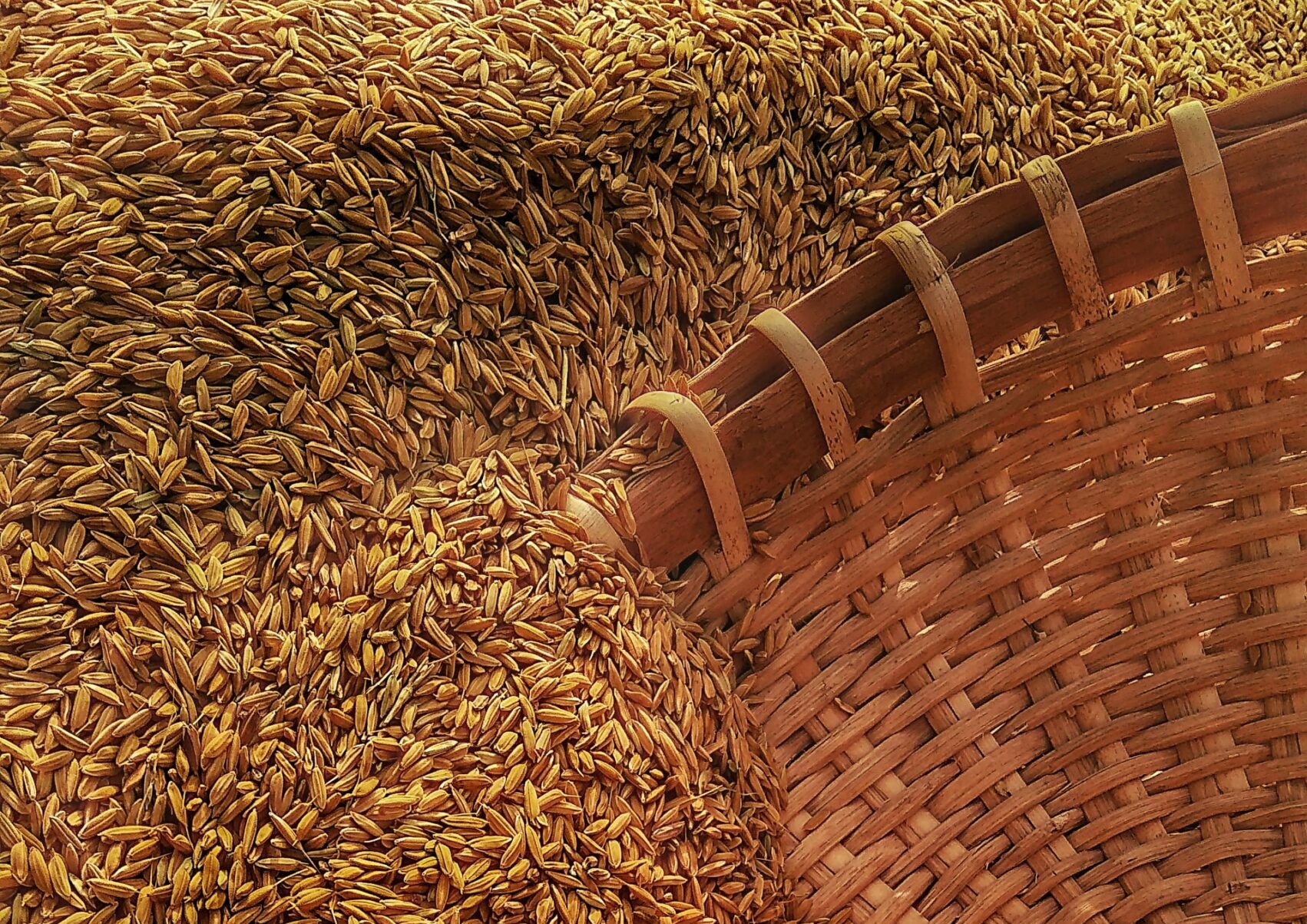Who is holding back the EU and why on reopening to Ukrainian cereals

By blocking requests from Central European countries, the Commission decided to reopen “solidarity channels” for Ukrainian cereals. But Poland and Slovakia are not there
The European Commission finally forced the hand of Central European countries and ended controversial trade restrictions on Ukrainian cereal products. In this way, Brussels has sidestepped the requests of Poland, Slovakia and Hungary, but also of Bulgaria and Romania which in June had imposed a block on imports, complaining that the overland transport of Ukrainian cereals had proved unprofitable. What had therefore happened – those governments claimed – was that the wheat did not continue towards non-European market outlets and remained in the warehouses of transit countries, causing prices to collapse and putting Polish, Bulgarian and other interested countries' national products out of the market.
THE EU REOPENS THE WAY TO UKRAINIAN CEREALS
Now the EU has decided to reopen the so-called solidarity channels, the corridors that allow cereals, but also other Ukrainian agricultural products, to reach export markets crossing neighboring countries. A choice that the Brussels Commission was forced to make also because the Russian blockade seems unshakable and the Romanian maritime alternative through the port of Constanta is now clogged, as well as being dangerous due to the continuous risk of bombing. Routes in Croatia are hypothesized, but in the meantime it is necessary to convince Kiev's neighboring countries to reopen their routes.
This is what Ukrainian President Volodymyr Zelensky now also hopes for, having commented favorably on the EU decision, but knows full well that the stalemate can only be broken if Warsaw, Bratislava and Budapest open their doors. Which, at least according to the initial statements of the interested parties, is unlikely to happen.
THE PROBLEMS WITH POLAND AND SLOVAKIA
“Now it is important that the European Union works bilaterally with its neighbors,” Zelensky said as soon as he learned that Ukrainian pressure on Brussels had been successful. A first step forward was taken by Bulgaria, which withdrew from the bloc of rebel countries by voting with a parliamentary majority to revoke the import ban one day before the EU Commission's decision. But the problem is that Poland and Slovakia are in the midst of an election campaign and that the issue of Ukrainian cereals invading the warehouses of the two countries has become a topic of political conflict. Nobody has the slightest intention of irritating the farmers, least of all the Polish Pis, the ruling party for which they constitute one of the main pillars of consensus.
Elections have already taken place in Budapest, but Viktor Orban is not one to give concessions to anyone and, in the Ukrainian case, he isn't even embarrassed to have to justify himself given that the cereal issue is only the latest reason for disagreement with Zelensky .
On the contrary, Poland is Kiev's most solid ally in Europe, the one which has so far shown the strongest solidarity and which (after Germany) has welcomed the greatest number of war refugees. But on the issue of cereals (and food products in general) Warsaw does not compromise. Prime Minister Mateusz Morawiecki together with Orban (relations between the two had recently cooled a lot due to their opposing positions on Ukraine) and Ľudovít Ódor, the technical prime minister pro tempore of Slovakia, announced that they will maintain trade restrictions on cereal products Ukrainians even without the approval of Brussels. Hungary and Slovakia went a step further and proclaimed national import bans.
It is a strong position, which Brussels diplomacy will hardly be able to overcome at least before the two electoral rounds, in Slovakia on 30 September and in Poland on 15 October. But it's not a total closure. The three countries remain available to financially and logistically support the transit of Ukrainian agricultural products to reach non-European markets, but remain opposed to any form of stopping on EU territory. It will be up to Brussels to provide concrete guarantees (and find effective control methods) to prevent what led to the blockade a few months ago from happening: that is, that goods do not transit through EU territory but fill local warehouses and impact on prices general.
This is a machine translation from Italian language of a post published on Start Magazine at the URL https://www.startmag.it/mondo/unione-europea-canali-solidarieta-cereali-ucraina/ on Mon, 18 Sep 2023 05:45:00 +0000.
